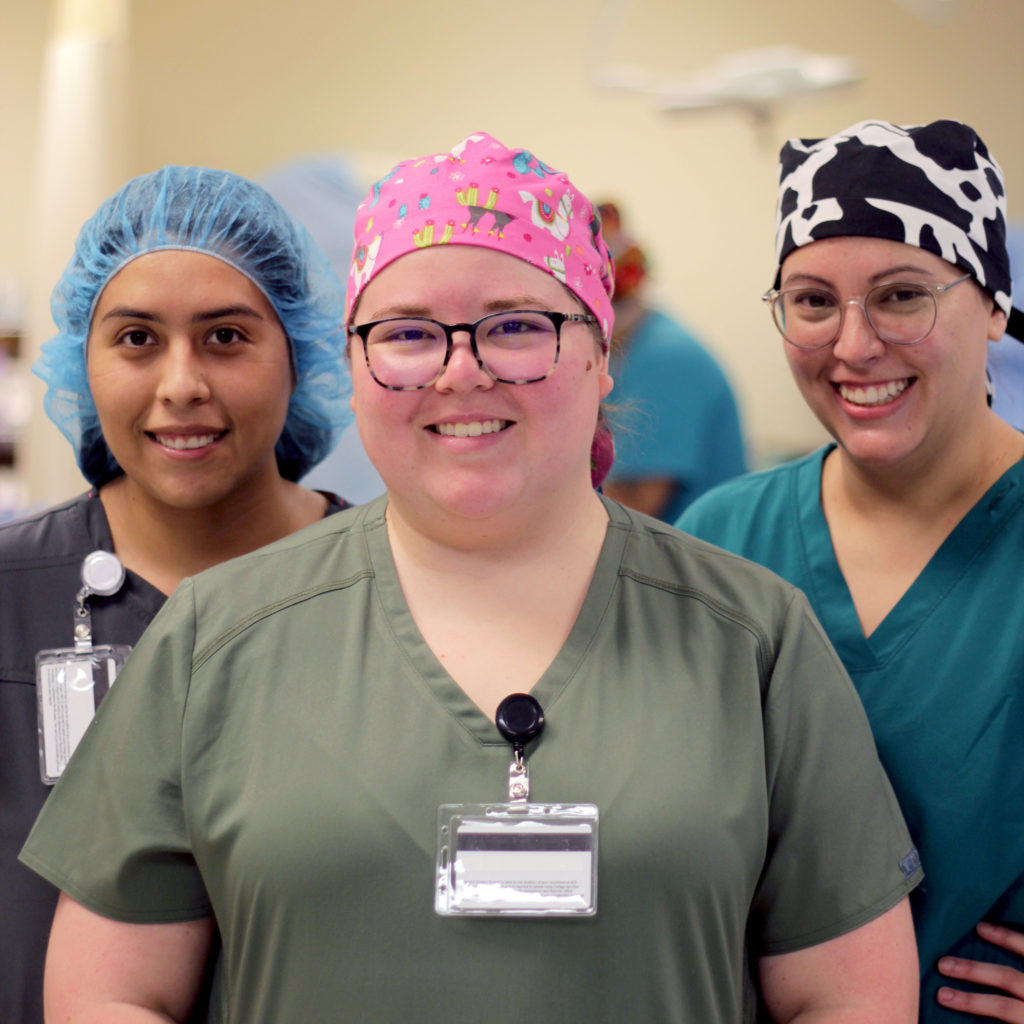Surgical Technology Career Information
- Training programs last 9 to 24 months and lead to a certificate, diploma, or associate degree.
- Job opportunities are expected to be good.
- Employment is expected to grow much faster than the average for all occupations through the year 2026.
- Hospitals will continue to be the primary employer, although much faster employment growth is expected in offices of physicians and in outpatient care centers, including ambulatory surgical centers.
—U.S. Bureau of Labor Statistics
About the Profession
Surgical technologists, also called scrubs and surgical or operating room technicians, assist in surgical operations under the supervision of surgeons, registered nurses, or other surgical personnel. Surgical technologists are members of operating room teams, which most commonly include surgeons, anesthesiologists, and circulating nurses. Before an operation, surgical technologists help prepare the operating room by setting up surgical instruments and equipment, sterile drapes, and sterile solutions. They assemble both sterile and nonsterile equipment, as well as adjust and check it to ensure it is working properly. Technologists may help get patients ready for surgery by prepping, shaving, and disinfecting incision sites. They transport patients to the operating room, help position them on the operating table, and cover them with sterile surgical drapes.
During surgery, technologists pass instruments and other sterile supplies to surgeons and surgeon assistants. They may hold retractors, cut sutures, and help count sponges, needles, supplies, and instruments. Surgical technologists help prepare, care for, and dispose of specimens taken for laboratory analysis and help apply dressings. Some operate sterilizers, lights, or suction machines, and help operate diagnostic equipment.
After an operation, surgical technologists may help transfer patients to the recovery room and clean and restock the operating room.
Working Conditions
Surgical technologists work in clean, well-lighted, cool environments. They must stand for long periods and remain alert during operations. At times they may be exposed to communicable diseases and unpleasant sights, odors, and materials.
Most surgical technologists work a regular 40-hour week, although they may be on call or work nights, weekends, and holidays on a rotating basis.
Search the Health Sciences Website
Surgical Technology Updates
Online Application Submission Process
Due to public safety concerns, applications will not be accepted in person until further notice. Effective immediately, applicants for all Health Sciences programs except Associate Degree Nursing, Mobility Nursing, and RN-to-BSN should follow these instructions when submitting their application and supporting documents:
Read moreEffective Fall 2021 Associate Degree Required
ARC/STSA Board of Directors have mandated language related to Standard I. A. Sponsorship of the Commission on Accreditation of Allied Health Education Programs (CAAHEP) Standards and Guidelines for the Accreditation of Education Programs in Surgical Technology as follows:
Read moreAttention! All students that have not been accepted into an ACC Health Sciences program…
All students who have not been accepted into an ACC Health Sciences program should declare General Studies in Pre-Health Sciences (Associate of Science) for their major. Once accepted into a program, the student's major will be updated.
Read more

